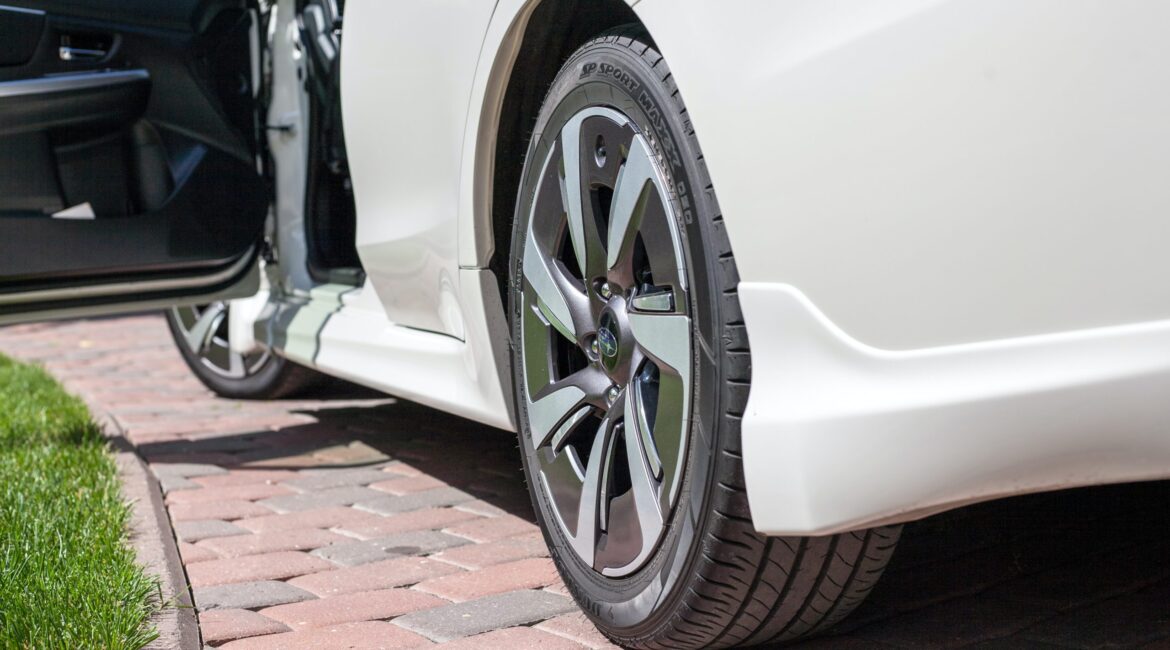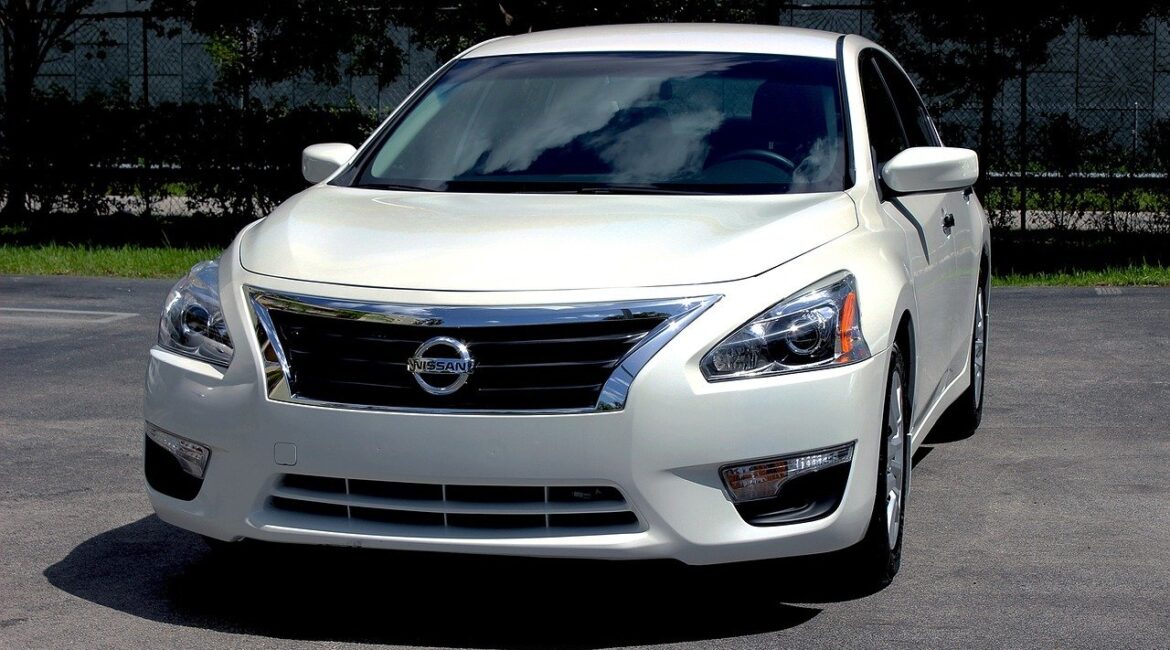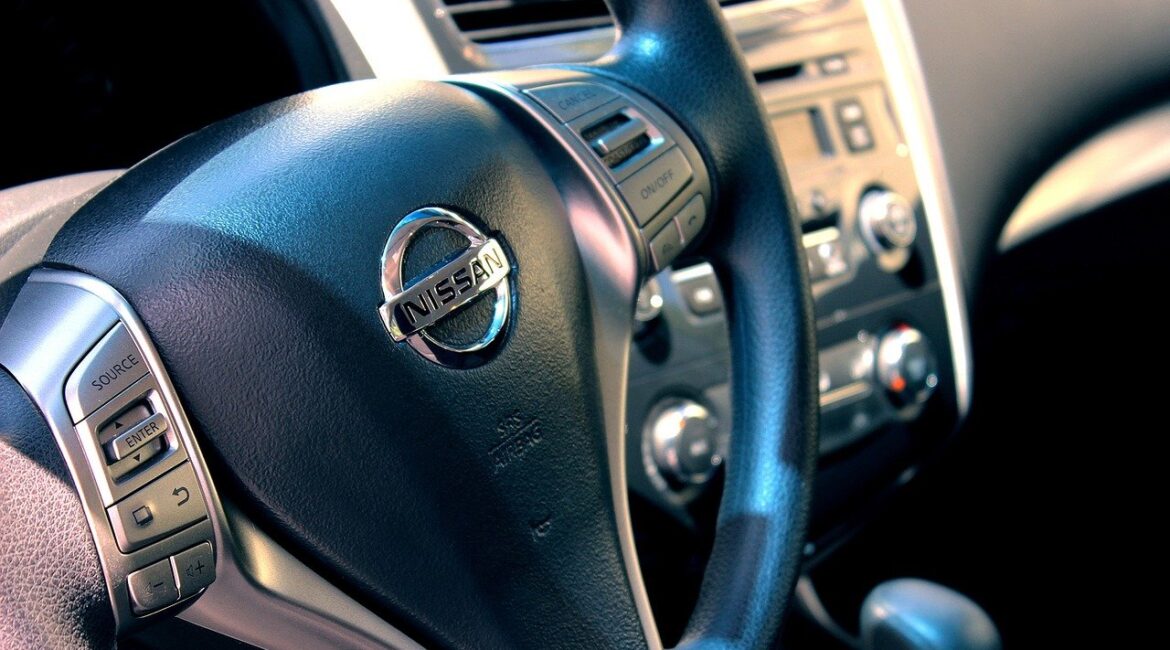Wheel reconditioning in collision repair can lead to a whole host of problems. If you are not familiar with wheel reconditioning, it is a process of using various tools and methods to try to repair a damaged wheel, instead of replacing it entirely. Some methods include welding, re-plating, or reshaping...
Day: 2 March 2021
Subaru Recommends Only Using OEM Parts on Structural Repairs—Here’s Why You Should Care
Subaru wants you to have the highest-quality repair and that means using the best replacement parts. If you’re in a collision and need to take your Subaru to a shop for repairs, it only makes sense that you would want the job to be done as safely, efficiently, and cost-effectively...
Why Nissan Says You Should Not Use Aftermarket Parts in Collision Repair and Why That Matters to You
Nissan wants you to use the highest quality replacement parts in your repair. When you take your Nissan in for repairs, it is essential that you use dedicated Nissan OEM replacement parts in order to guarantee the best possible outcome for your vehicle. Nearly every car manufacturer releases “OEM...
Why Nissan Requires OEM Air Bag Components and How This Affects You
It makes no sense to cut corners with your Nissan's air bags. Most car manufacturers issue “OEM Position Statements” to car repair shops that outline their expectations of how repairs should be performed. Nissan has issued a statement about the air bags in their vehicles and how only new OEM...
Hyundai Does Not Approve of Wheel Reconditioning—Here’s Why That’s Important for Your Repair
Hyundai recognizes that wheel reconditioning is a dangerous and risky method of collision repair. If you are not familiar with wheel reconditioning, it is a process of using various tools and methods to try to repair a damaged wheel, instead of replacing it entirely. Some methods include welding, re-plating, or...




